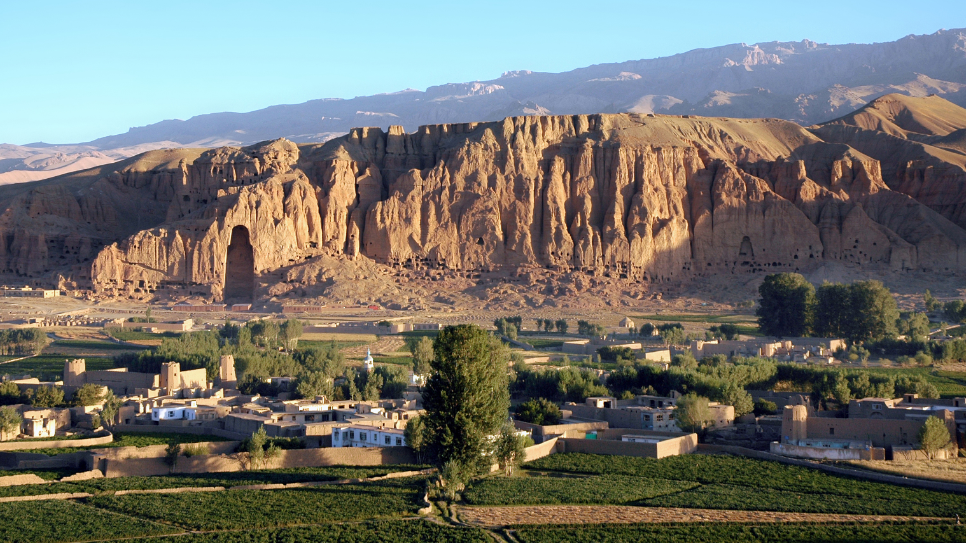Fortescue opens talks with Afghanistan on nation’s mining riches

Fortescue Metals has held talks with Afghanistan’s President Ashraf Ghani on potential mining sector opportunities in the nation, which has struggled to accelerate development of an estimated $1 trillion worth of minerals deposits.
Ghani and the company’s chairman Andrew Forrest held an August 6 video conference over potential investment in iron ore and copper resources, and the billionaire miner is scheduled to visit Kabul in October for further talks, according to Qadeer Khan Mutfi, a spokesman for Afghanistan’s Ministry of Mines and Petroleum.
The fourth-biggest iron ore exporter, “showed interest in our mining sector, saying Afghanistan is rich in having natural resources,” Mutfi said. “Companies like this definitely have financial abilities and the capacity to develop the country’s mining sector.”
Previous attempts by foreign firms to develop mines have found progress hard to achieve
“Fortescue has an active business development program,” the Perth-based company said in a statement, adding that its founder Forrest regularly engages with global leaders. The firm declined to comment on “speculation regarding specific assets or opportunities.”
The talks are the latest effort by Fortescue to examine prospects in nations that some larger rivals deem too risky. Forrest last year held talks in Liberia, and the company competed unsuccessfully in a tender process to win a share of Guinea’s giant Simandou project. Exploration teams have reviewed projects in Colombia, Ecuador and Argentina.
For Ghani, there’s an impetus to attract global miners to revive stalled development of major deposits of gold, copper, iron ore and rare earths amid his government’s efforts to bolster the country’s finances. Afghanistan’s government last year invited bids for as many as 14 mining projects.
The move follows Ghani’s decision earlier this month to release hundreds of hardened Taliban prisoners to clear the final hurdle for direct peace talks with the insurgent group aimed at ending the 19-year war.
Previous attempts by foreign firms to develop mines have found progress hard to achieve. Metallurgical Corp. of China Ltd. has encountered delays at the Mes Aynak copper project since 2009 and an annual report last year said underground mining at the site isn’t economically viable.
(By Eltaf Najafizada and David Stringer, with assistance from Winnie Zhu and Swansy Afonso)
{{ commodity.name }}
{{ post.title }}
{{ post.date }}




Comments